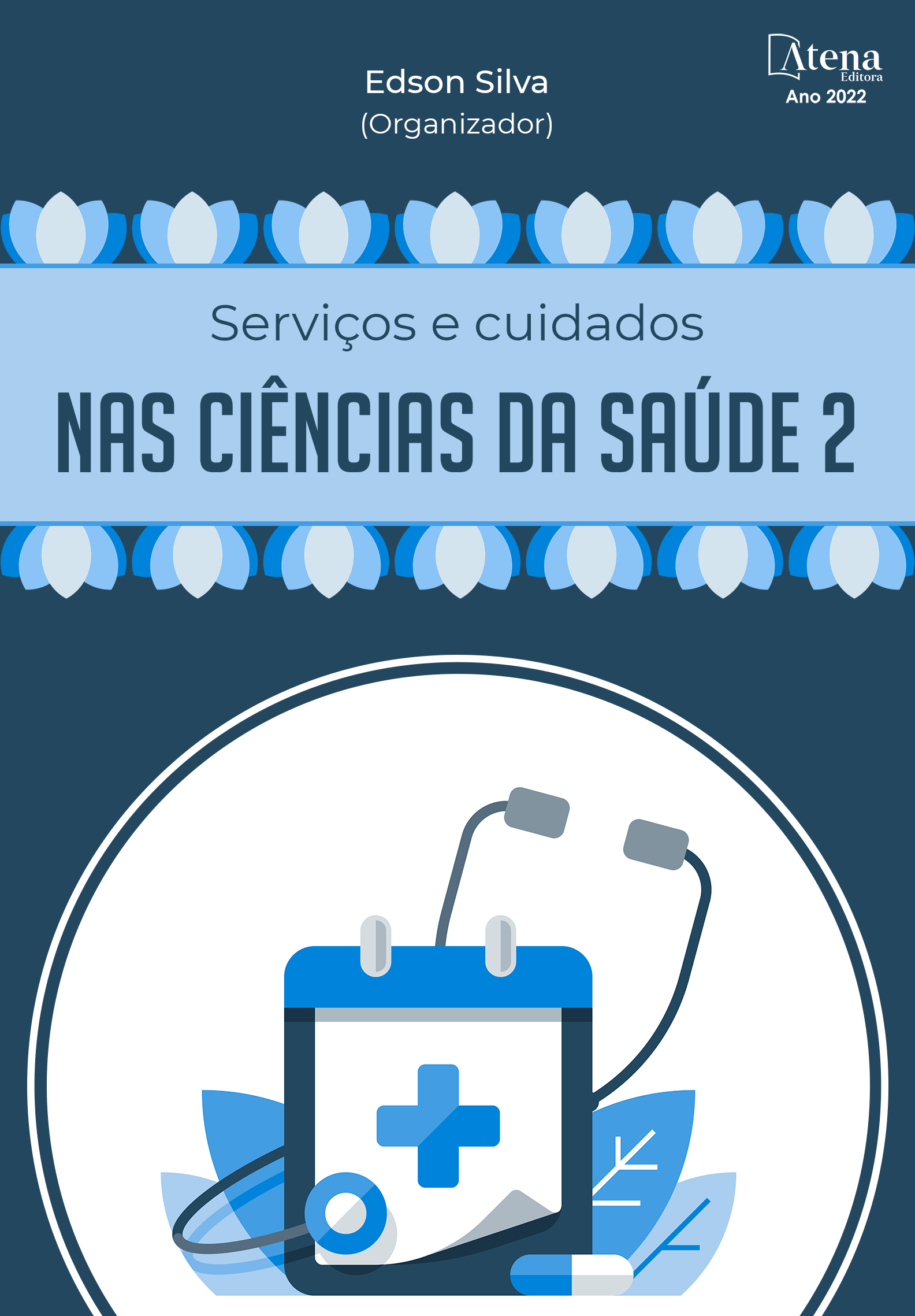
ALEITAMENTO MATERNO NA PREMATURIDADE
O ato de amamentar é um evento que abrange dimensões psicológicas, históricas, culturais e sociais; o estado emocional, os conhecimentos e o desejo de amamentar da mãe também interferem no êxito dessa ação. O aleitamento materno é a mais sábia estratégia natural de vínculo, afeto, proteção e nutrição para a criança; tendo como benefícios a proteção de vias respiratórias e do trato gastrintestinal contra doenças infecciosas. Prematuros e bebês de baixo peso, amamentados no peito da mãe, apresentam menor tempo de internação hospitalar, melhor prognóstico para o desenvolvimento neurológico, diminuição da perda de peso, diminuição do índice de doenças crônicas e agudas e aumento de sobrevida. Promove ganho de peso adequado, é livre de contaminação, promovendo proteção imunológica e estimula o vínculo afetivo entre mãe e filho. A atuação da enfermagem pode ser um diferencial para a facilitação do processo de adaptação da família, incluindo os pais nos cuidados com o bebê e buscando uma comunicação relevante e eficaz; contribui para a redução da ansiedade e do medo, para que a mãe possa voltar-se a amamentação. O objetivo desse estudo é identificar os benefícios do aleitamento materno em prematuros e as dificuldades encontradas pelas mães em amamentar. Este trabalho foi realizado através de pesquisa bibliográfica, de caráter qualitativo e de modo dedutivo.
ALEITAMENTO MATERNO NA PREMATURIDADE
-
DOI: 10.22533/at.ed.6982203056
-
Palavras-chave: Amamentação. Prematuridade. Aleitamento Materno
-
Keywords: Breast-feeding. Prematurity. Breastfeeding
-
Abstract:
The act of breastfeeding is an event that encompasses psychological, historical, cultural and social dimensions; the mother's emotional state, knowledge and desire to breastfeed also interfere with the success of this action. Breastfeeding is the wisest natural strategy of bonding, affection, protection and nutrition for the child; having the benefits of protecting the respiratory tract and gastrointestinal tract against infectious diseases. Premature and low birth weight babies, breastfed at the mother's breast, have shorter hospital stays, better prognosis for neurological development, decreased weight loss, decreased index of chronic and acute diseases and increased survival. It promotes adequate weight gain, is free from contamination, promotes immune protection and stimulates the affective bond between mother and child. Nursing activities can be a differential in facilitating the family's adaptation process, including parents in caring for the baby and seeking relevant and effective communication; contributes to the reduction of anxiety and fear, so that the mother can return to breastfeeding. The objective of this study is to identify the benefits of breastfeeding in premature infants and the difficulties encountered by mothers in breastfeeding. This work was carried out through bibliographic research, of a qualitative and deductive way.
-
Número de páginas: 11
- Ana Paula Narcizo Carcuchinski
- Rozemy Magda Vieira Gonçalves
- Paula de Cezaro
- Adelita Noro
- Andreia Tanara de Carvalho
- Flávia Giendruczak da Silva
- Terezinha de Fátima Gorreis
- Liege Segabinazzi Lunardi
- Carina Galvan
- Rosane Maria Sordi


